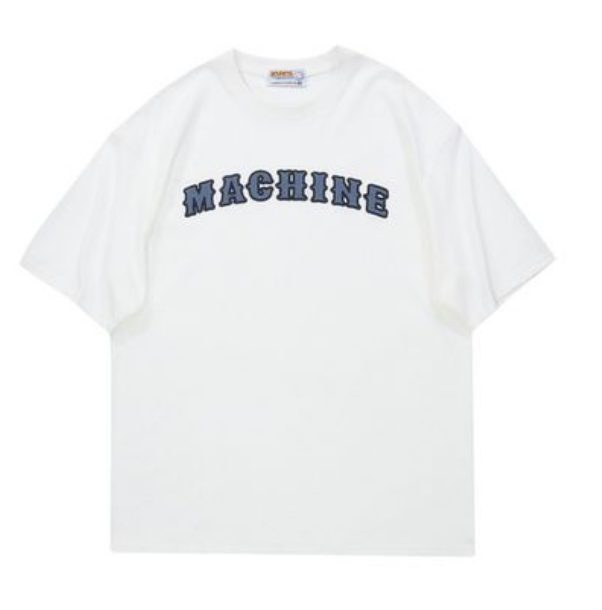To give garments a new lease of life and improve sewing efficiency, there are some practical techniques and techniques you can use. Here are some suggestions to consider:
1. Use modern equipment and tools: Using modern sewing machines and related tools can greatly improve sewing efficiency. Choosing sewing machines with special functions suitable for different types of clothing, such as machines with automatic thread trimming, automatic thread loading and unloading, can reduce operating time and improve production efficiency.
2. Precise cutting and marking: Precise cutting and marking are the keys to efficient sewing. Use professional cutting tools to ensure each part is cut accurately, and use appropriate marking methods to identify the location and orientation of each section to save time and effort during the sewing process.
3. Assembly line production: Using assembly line production, the sewing process can be divided into different steps, and different workers can divide and collaborate. This speeds up production and improves overall efficiency. At the same time, rationally arrange workstations and work processes to reduce workers’ movement and waiting time and optimize production efficiency.
4. Use professional sewing skills: Mastering some professional sewing skills can help improve sewing efficiency. For example, learning to use techniques such as double needles, flat stitches, and spiral stitches, and choosing the appropriate sewing thread and stitch length can improve the stability and speed of stitching.
5. Pre-processing and sorting the materials: Before starting to sew, pre-processing and sorting the materials can improve work efficiency. For example, washing, ironing and trimming fabrics to the required size, sorting and preparing accessories such as buttons and zippers in the required quantity and location can save time and improve overall operational efficiency.
6. Optimize processes and working hours: Develop good working habits and process management capabilities, optimize processes and working hours arrangements, and ensure that each step can be carried out efficiently. For example, reasonably arrange the sewing sequence to avoid frequent replacement of threads, needles, etc., reduce the time of adjusting machines and materials, and improve production efficiency.
7. Continuous learning and improvement: always pay attention to the latest technology and process developments in the industry, participate in training courses and workshops, and continuously learn and improve your skills. . Mastering new sewing techniques and methods can better cope with various types of garment sewing requirements and improve overall efficiency.
By using the above practical techniques and techniques, clothing can be given a new lease of life and sewing efficiency can be improved. Paying attention to the use of modern equipment and tools, fine cutting and marking, using assembly line production, mastering professional sewing skills, pre-processing and sorting materials, optimizing process and working hours arrangements, and continuous learning and improvement are all ways to improve the efficiency of garment sewing. The essential.








